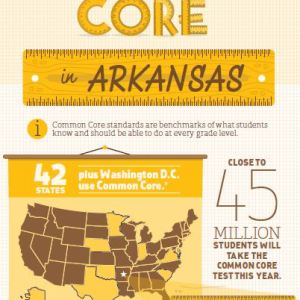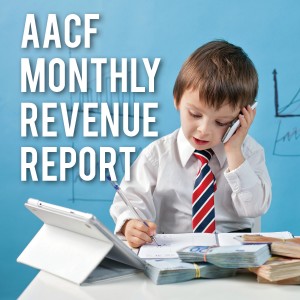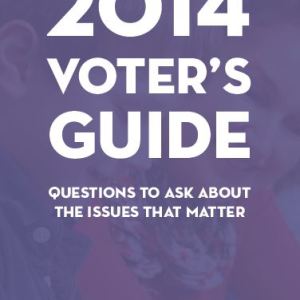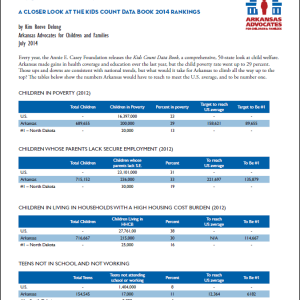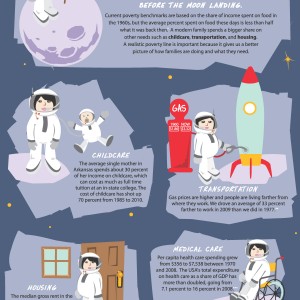Economic hardship hurts Arkansas kids
Economic hardship during childhood is the leading Adverse Childhood Event (ACE) in Arkansas. It is associated with learning and behavioral problems for students early on and can lead to health problems later in life, according to a new report...

